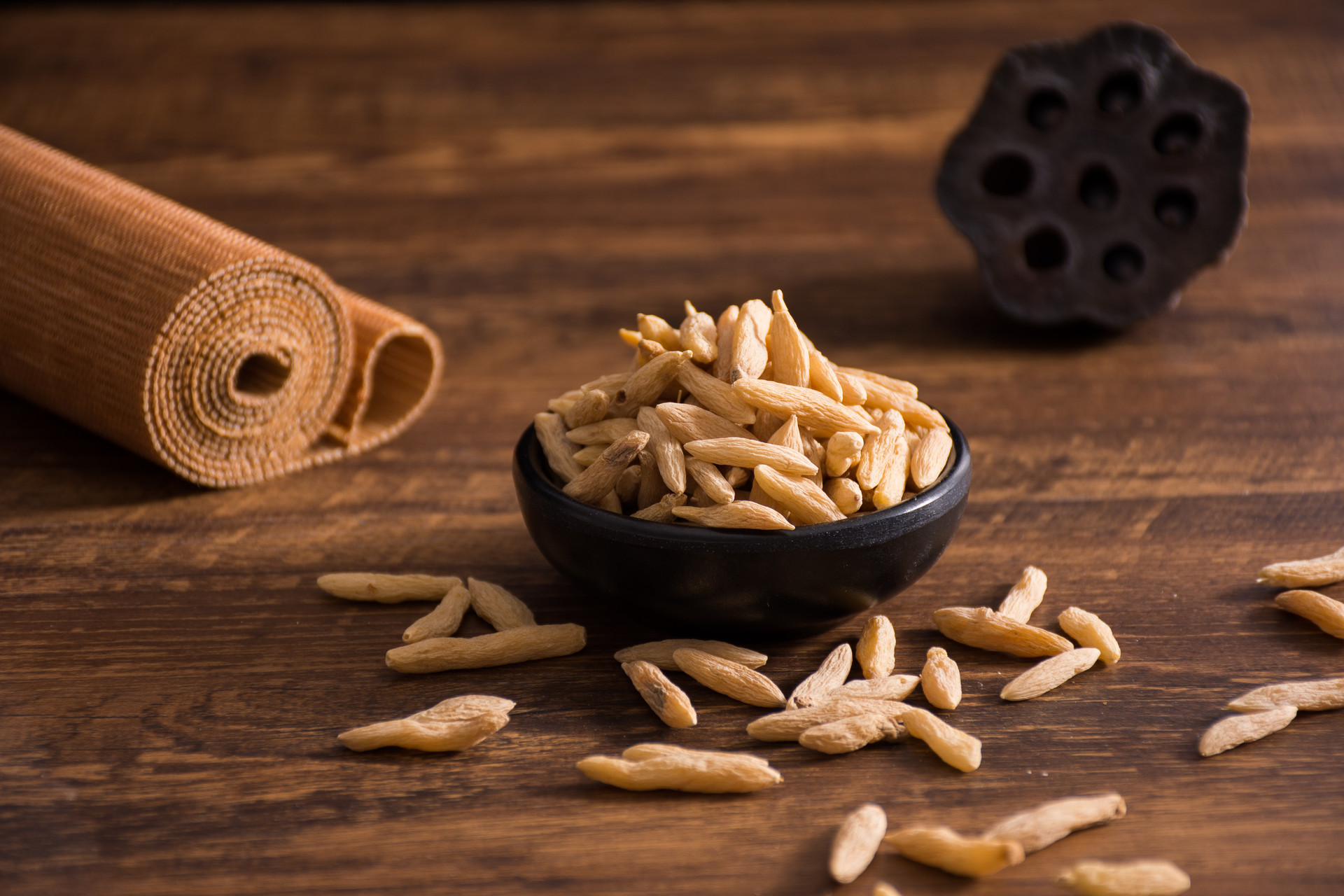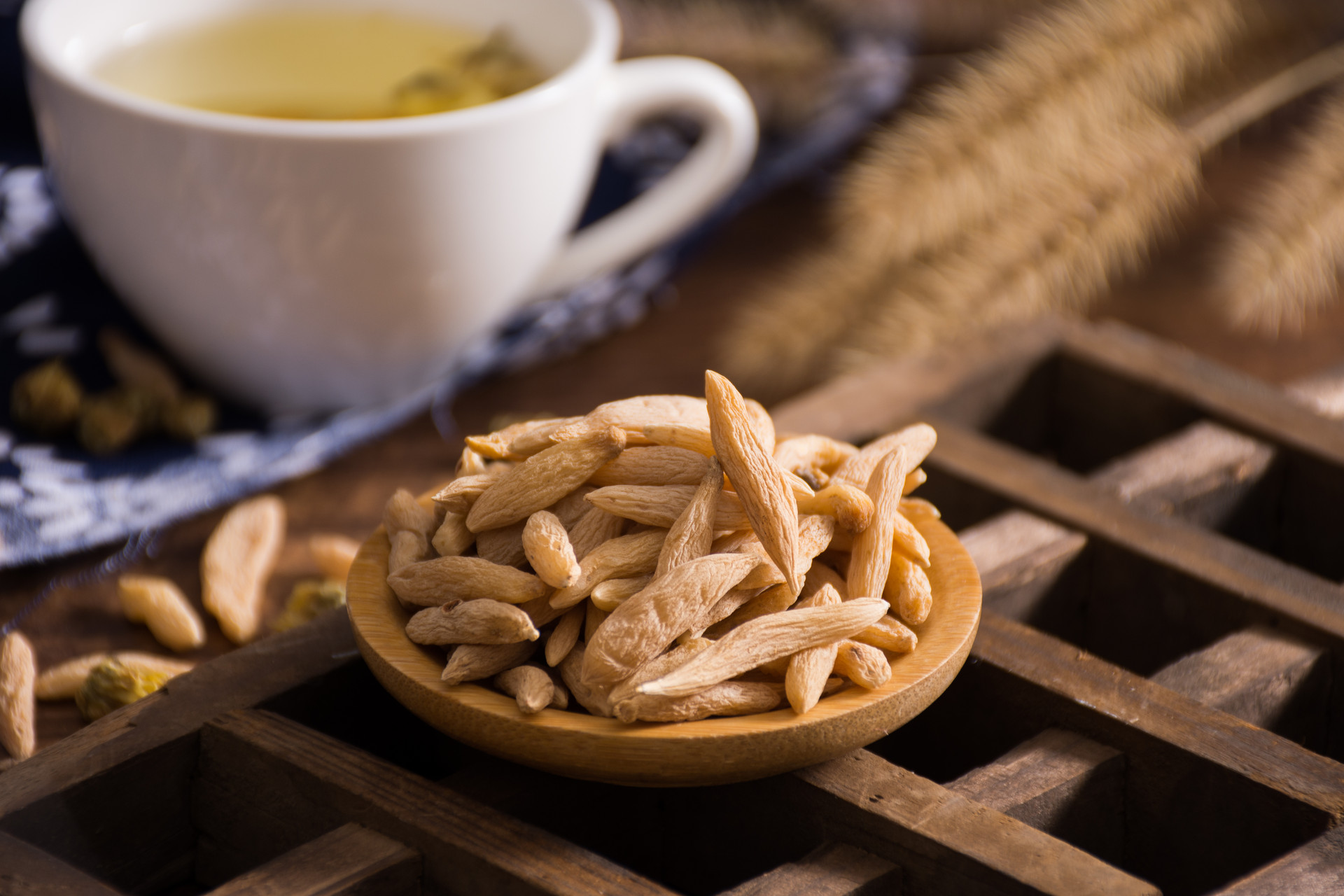Ginseng is a valuable tonic drug, but research and clinical applications show that although ginseng is a tonic, it should not be abused, and it is important to understand the contraindications to eating ginseng.
Ginseng is not different from one person to another
Ginseng should be taken according to the principle of "deficiency is tonic, reality is drainage", therefore, high fever, dry stool, red urine, yellow tongue coating, which is the evidence of actual heat, should not be used; in addition, healthy children taking ginseng and ginseng-type tonic is not conducive to normal development, prone to precocious sexual maturity, so it should be avoided.
Ginseng should not be taken in large quantities for a long time
Research has found that ginseng contains dammarane glycols and triol glycosides, which can cause "ginseng abuse syndrome" in large doses, leading to central nervous excitement, insomnia, neurasthenia, hypertension, agitation, depression, loss of appetite, hypotension, allergy, etc.
Ginseng should not be taken at night
Ginseng can promote human metabolism and anti-aging, and ginsenoside can play a warming effect on the body and can nourish the body, but ginseng has an excitatory effect on the cerebral cortex, so taking ginseng at night can easily lead to insomnia and boredom, so it is contraindicated to take ginseng at night.
Ginseng should not be eaten with strong tea
Tea contains a lot of tannic acid, caffeine and other ingredients, which are prone to chemical reaction with ginseng, resulting in precipitation, thus reducing the effectiveness of the medicine.
Ginseng should not be eaten with radish
Eating radish will speed up the loss of active ingredients in ginseng, and the carotene in radish will also effectively decompose and reduce the effectiveness of the medicine.












